Posted on 1/30/2026
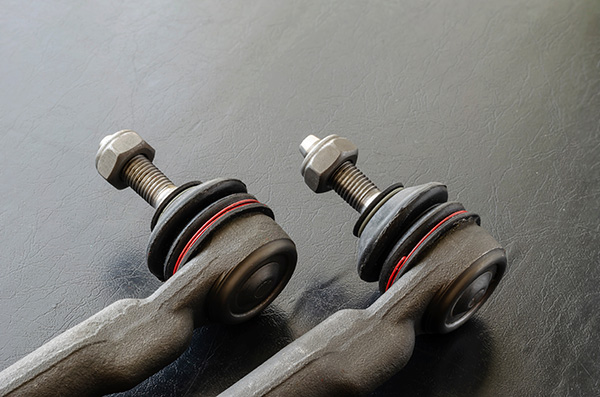
Loose steering can mess with your confidence fast. One day, it feels slightly vague, and the next, you’re making constant little corrections just to stay centered. It’s the kind of change that makes you turn the radio down and pay attention to every ripple in the road. The frustrating part is that wobbles can come from a few different places. Some are simple, like tire issues. Others point to steering or suspension wear that should be handled sooner rather than later. Why Loose Steering Feels Worse at Speed At lower speeds, your hands can cover up small problems. The steering wheel might have a little extra play, but you’re not asking much from the front end. At highway speed, the vehicle needs steady tire contact and tight steering control to track straight. If something is worn, the tire can start steering itself a bit over grooves, patches, or crosswinds. That’s when drivers describe it as wandering or feeling light in the wheel. The fast ... read more
Posted on 12/19/2025
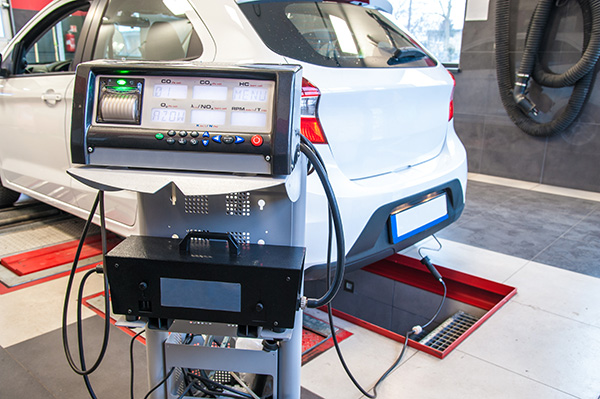
Getting a notice in the mail that your car is due for emissions can feel like one more chore on a busy calendar. But in Connecticut, skipping that test can cost you late fees, registration problems, and a lot of stress you do not need. Once you understand how the program works and what inspectors look for, it becomes a quick, predictable stop instead of a mystery. What CT Emissions Testing Is Trying To Do Connecticut’s emissions program is all about cleaning up the air without making life harder than it has to be for drivers. Your car’s exhaust is checked to ensure the engine and emission controls are functioning well enough to keep pollution within the state's set limits. For most modern vehicles, the test is really a check of how well your onboard computer and sensors manage fuel, spark, and exhaust gases. If everything is healthy, the test feels like a sho ... read more
Posted on 11/28/2025
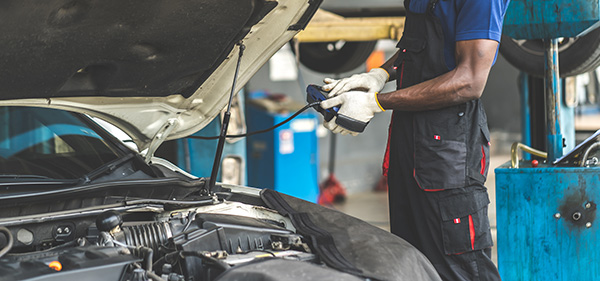
Strange sounds during acceleration are your car’s way of asking for help. Some point to minor issues, such as a loose heat shield. Others warn about parts that affect safety and reliability. Use this guide to match common noises with likely causes, then decide what to check first in Cromwell’s mix of town streets and highway ramps. Why Acceleration Noises Deserve Attention Loads rise whenever you press the pedal. Engines twist in their mounts, exhaust joints flex, and driveline parts carry more torque. That extra stress makes weak components speak up. Catching the source early prevents secondary damage, whether that means saving a catalytic converter from an exhaust leak or protecting a wheel bearing that has started to roar. Rattle or Buzz When You Step Into The Throttle A metallic buzz that appears as rpm climbs often points to loose exhaust heat shields, a cracked hanger, or a failing flex pipe. Shields can vibrate only at certain f ... read more
Posted on 10/31/2025
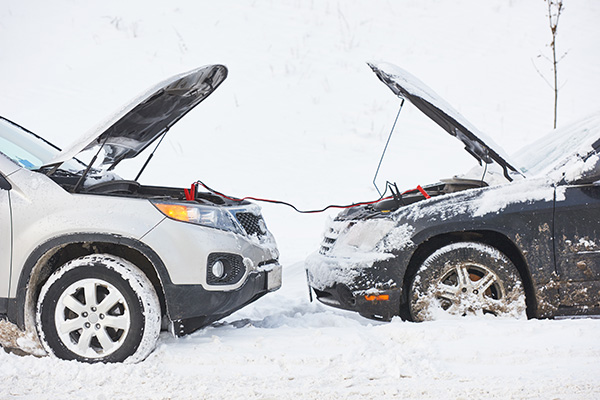
Cold weather can be tough on vehicles. If your car struggles to start in the morning when temperatures drop, you're not alone. Freezing temperatures affect battery strength, oil thickness, fuel delivery, and several other systems that all need to work together for a successful startup. Understanding what's going wrong can help you avoid getting stranded and know when it's time to bring your car in for service. Cold Starts and Battery Trouble Your battery loses power in cold weather. At 32°F, it can lose about 20 percent of its strength. By the time it drops to 0°F, it's operating at around half capacity. Meanwhile, your engine needs more power to turn over because oil thickens in the cold. If the battery is more than three or four years old, or if you hear slow cranking before the engine starts, it may not have enough juice left for winter mornings. A ... read more
Posted on 9/26/2025
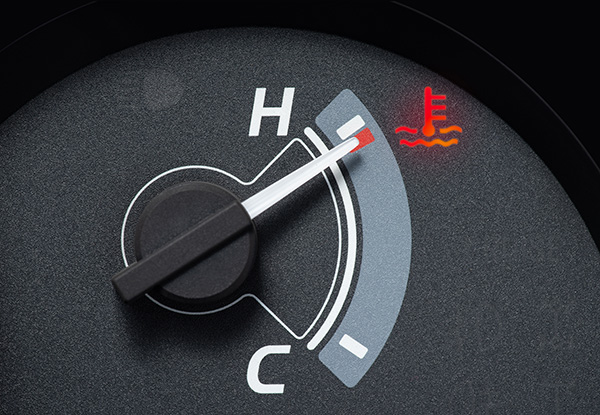
When your temperature gauge starts creeping into the red or steam rises from under the hood, it's a sign that something is wrong. While most drivers know that low coolant or a broken radiator can lead to overheating, some causes are less obvious but just as serious. These hidden issues can sneak up on you, especially if your car runs fine most of the time. If your vehicle keeps running hotter than it should, even after topping off the coolant, you might be dealing with one of these five overlooked problems. 1. A Faulty Radiator Cap That Fails to Hold Pressure The radiator cap does more than just keep coolant inside the system. It is a pressure-release valve that helps maintain the correct pressure in your cooling system. When the cap fails, it may allow coolant to boil at a lower temperature, leading to overheating even if the radiator and thermostat are functioning normally. You might not notice a bad cap until you see coolant bubbling out of the overflow rese ... read more